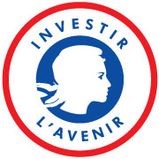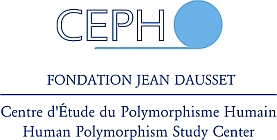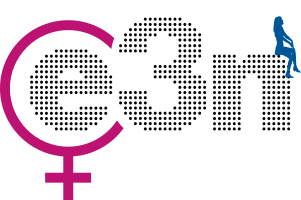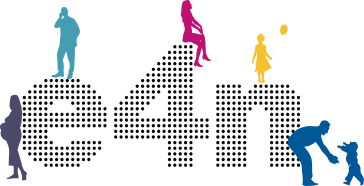Pr Jean Dausset, Prix Nobel de Médecine, 1980
BioCF Project : French Cohorts Biobank
The "French Cohorts Biobank" (BioCF) project aims to create a unique national central resource for the collection, storage and exploitation of biological samples from five national population-based cohorts.
BioCF will be built on existing and new material equipment - i.e. mainly the cohorts' biological samples and equipment for their storage and processing - but also on the vast immaterial equipment such as the cohorts' existing and new data and the technical and scientific know-how of the Fondation Jean-Dausset-CEPH in Paris where the biological collections will be located.
Open to researchers from the academic and private sectors in the biomedical and public health fields, this technological and scientific infrastructure offers unprecedented opportunities for health research.
This national resource will facilitate the acceleration of research based on the use of biological samples and their rich associated data, resulting in increased and shared capacity to produce high-quality scientific output.
This new resource constitutes a central tool facilitating the planning, development and rapid implementation of scientific projects focusing on the prevention, diagnosis, prognosis and treatment of a wide range of diseases.
This structure relies on the trust and long-term participation of French volunteers that continue to respond to follow-up questionnaires, donate biological samples and participate to the research activities since the creation of the cohorts.
The five participating cohorts (Constances, Gazel, E3N-E4N and Elfe\Epipage2) include a total of nearly 400,000 French volunteers with ongoing active follow-up ranging from some years to decades (E3N and Gazel).
130,000 volunteers have already donated biological samples for biomedical research with more than one type of biological sample (e.g. blood, urine, saliva) collected for around 50,000 volunteers.
These existing collections represent more than 604,000 samples (corresponding to more than 2.8 million aliquots) and will form the core of BioCF.
These numbers continue to grow with ongoing collections (e.g. in Constances) and will be further increased in BioCF with new collections from the familial component of E3N-E4N and enriched with new types of samples (e.g. feces, hair and nails).
Through the BioCF project, France will close the current gap with other countries in Europe, in the U.S. and in China that have already set up very large biobanks integrated within population-based cohorts.
Examples include the UK (UK Biobank created in 2007), Sweden (1957), Finland (FINRISK in 1972 and Finnish Maternity cohort in 1983), Norway (Janus Biobank in 1973; Hunt Biobank in 1984), Germany (NaKO Biobank created in 2018) and the United States (All of US project launched in 2016). BioCF is going to be positioned in this competitive context with biological collections covering all ages from birth to old age, which is not the case with UK Biobank and other international initiatives.
As part of BioCF, genotyping with a SNP array including more than 650,000 SNPs will be performed at the Centre National de Recherche en Génétique Humaine (CNRGH) for all DNA samples that will be available during the first three years of the project.
This will generate extensive genotype data on around 230,000 individuals with associated data on hundreds of variables on a wide range of diseases and conditions as well as on environmental factors (e.g. levels of water, food and airborne contaminants), anthropometry, reproductive and hormonal factors, lifestyle (e.g. detailed data on diet and physical activity), socio- economic and occupational factors, and health care and medication use.
Such unique BioCF dataset will enable researchers from both the academic and private sector to conduct a wide range of analyses including GWAS, studies of gene-environment interactions or gene-drug interactions and many others.
 |  |  | '> |  |
 |  |  |  |  |










